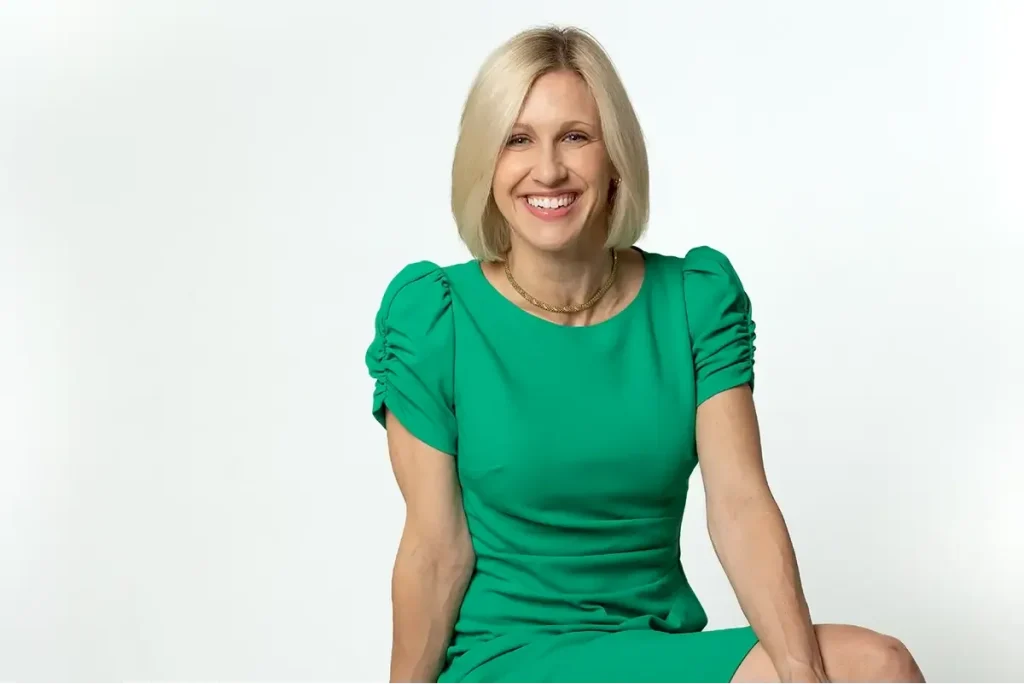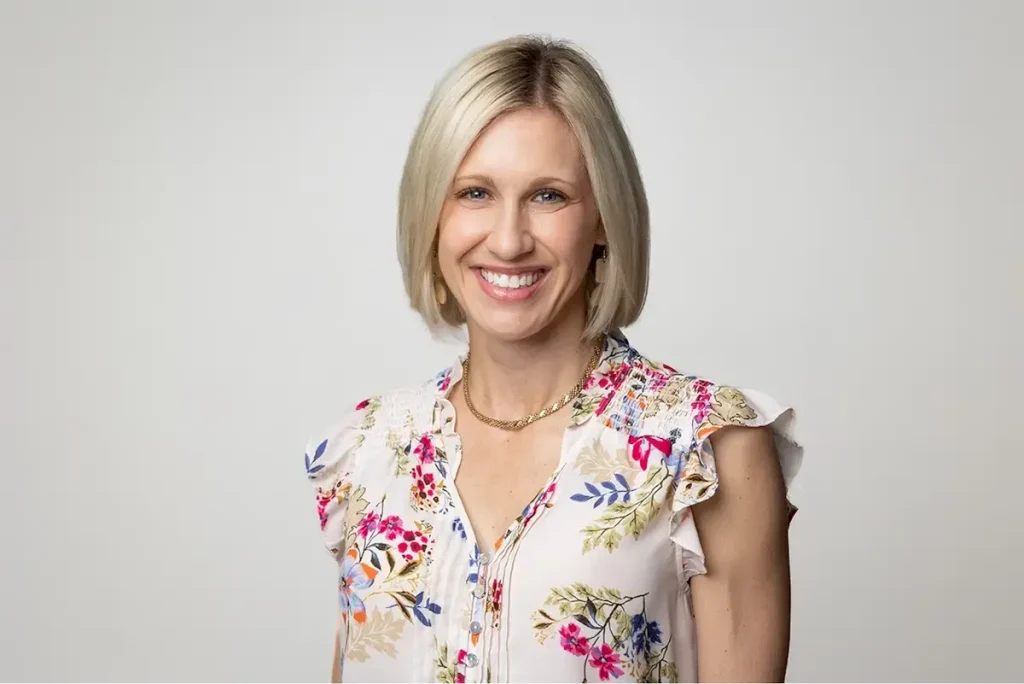What is a Job Interview
So, what is exactly the point of a job interview when we have a resume ready with all the information? From the perspective of the person conducting the job interview, it’s like hosting a talent show where you’re on the lookout for the perfect contestant to join your team.
As an interviewer, your mission is to find the candidate who not only has the right skills and experience but also fits seamlessly into your company culture.
During the interview, you’ll ask a variety of questions to dig deep into the applicant’s background, work ethic, and problem-solving abilities, all while gauging their enthusiasm for the role.
For example, entry-level job interview questions help you get a taste of what the candidate offers without diving too deep.
These questions typically focus on the applicant’s educational background, relevant skills, and basic work experience.

Preparing for Conducting a Job Interview
Before the interview, it’s important to prepare a list of questions and needs based on the job description and performance review process.
This will help you stay on track and ensure that you cover all the necessary topics.
For example, imagine you’re a hiring manager getting ready to fill a marketing assistant position. To prepare for conducting the job interview, you’ll want to start by thoroughly reviewing the job description, which outlines the required skills, experience, and responsibilities.
Additionally, familiarize yourself with your company’s performance review process to understand how success will be measured in this role.
With this information, you can now create a list of targeted questions that help you assess each candidate’s suitability for the position. Here’s an example for that marketing assistant position on how you might structure your questions:
Skills and Experience: Ask about their experience with digital marketing tools, content creation, and social media management.
Responsibilities: Inquire about their ability to handle multiple projects, collaborate with team members, and measure marketing campaign success
Cultural Fit: Gauge their understanding of your company values and how they see themselves fitting into the work environment
Performance Metrics: Discuss their experience with setting goals, tracking progress, and adapting strategies based on data.
Using Open-Ended Questions
Open-ending questions are the type of questions that encourage conversation. Allowing you to dive deeper into a candidate’s thoughts, experiences, and perspectives. Unlike closed-ended questions that typically elicit a simple ‘yes’ or ‘no’ response, open-ended questions facilitate the interviewee to elaborate and share more about themselves.
These types of questions usually begin with “how,” “why,” “tell me about,” or “describe,” and provide a platform for candidates to showcase their problem-solving abilities, creativity, and communication skills. Some examples of open-ended questions include:
Instead of asking yes or no questions, use open-ended questions that encourage the candidate to elaborate on their experience and qualifications. For example, instead of asking, “Do you have experience in this field?” ask, “Can you tell me about your experience in this field?”
This will allow the candidate to provide more detailed answers and showcase their skills.

Paying Attention to Nonverbal Cues
Nonverbal cues such as body language and tone of voice can give you insight into the candidate’s level of confidence and engagement.
Pay attention to how the candidate responds to each question and take note of any red flags.
Providing Development Opportunities
During the interview, ask the candidate about their professional development goals and discuss opportunities for growth within the company.
This shows that the company values its employees and is committed to helping them succeed.
Being Transparent about the Job Description and Company Culture
Make sure the candidate has a clear understanding of the job description, including its responsibilities and requirements.
Be transparent about the company culture and work environment to ensure that the candidate is a good fit for the company.
When assessing nonverbal cues, consider the following:
Eye contact: Does the candidate maintain steady eye contact, indicating attentiveness and confidence, or do they frequently look away, which might suggest nervousness or lack of focus?
Posture: Is the candidate sitting upright and leaning slightly forward, demonstrating interest and active listening, or are they slouching or fidgeting, which could signal disinterest or discomfort?
Gestures: Are the candidate’s hand movements and facial expressions consistent with their words, adding emphasis and clarity, or are they overly exaggerated or absent, potentially revealing unease or insincerity?
The tone of voice: Does the candidate’s tone convey enthusiasm, passion, and sincerity, or do they sound monotone, bored, or disinterested?

Top Questions to Ask While Conducting a Job Interview
Here are some top job interview questions for conducting a job interview that can give you all the information you need to consider each candidate:
- Can you tell me about your experience in this field?
- What are your strengths and weaknesses?
- How do you handle stress or pressure?
- Can you tell me about a time when you had to deal with a difficult situation at work?
- What do you know about our company?
Tough Job Interview Questions to Avoid
There are some tough interview questions that should be avoided during job interviews.
It’s crucial to remember that asking questions about a candidate’s age, race, religion, sexual orientation, or disability is not only inappropriate but also illegal in many jurisdictions.
These types of questions perpetuate discrimination and can create a hostile environment that deters qualified candidates from pursuing job opportunities within your organization.
Inclusive hiring practices foster diversity and equality, which contribute to a more vibrant and innovative workplace. By focusing on the candidate’s skills, experience, and cultural fit, you can ensure a fair and unbiased interview process that evaluates each individual based on their merit and potential.
These questions are inappropriate and illegal.
Favorite Part of Conducting a Job Interview
Ask the candidate about their favorite part of the job to get a sense of what they enjoy doing and what motivates them.
This will help you determine if they are a good fit for the company culture and the position, as well as to see it’s motivating.
Typical Day and Work Environment
Ask the candidate about their typical day and work environment to get a sense of their daily tasks and work habits.
This will help you determine if they are a good fit for the position and the company culture.
Professional Development Goals
Ask the candidate about their professional development goals to determine if they are committed to improving their skills and advancing their career.
This will help you determine if they are a good fit for the company and if they have a long-term vision for their career.
Conducting a Job Interview Recap
In closing, I want to stress the importance of asking good questions during job interviews. The questions you ask can reveal a lot about the candidate and whether they are a good fit for the position and your company culture.
By taking the time to prepare a list of relevant questions and asking open-ended questions, you can get a better understanding of the candidate’s experience, skills, and personality.
Remember, the interview process is not just about finding someone who can do the job but also finding someone who will fit in with your team and contribute to the overall success of your company.
Be sure to pay attention to how the candidate answers your questions and whether they are engaged and enthusiastic about the position.
In my experience, the best way to find the right candidate is to focus on their potential for growth and development. When you ask questions about their professional development and what they hope to achieve in the role, you can identify motivated candidates committed to improving their skills and advancing their careers.
Finally, don’t forget to follow up with your candidates after the interview process is complete. This is a great opportunity to provide feedback and offer guidance on areas for improvement. It also shows that you value their time and appreciate their interest in the position.
Final Thoughts
Overall, conducting job interviews can be a challenging but rewarding experience.
By asking good questions and being open to learning more about your candidates, you can find the right person for the job and set them up for success in your company.
I hope these tips will be helpful to you as you navigate the interview process and find the perfect candidate for your team.

